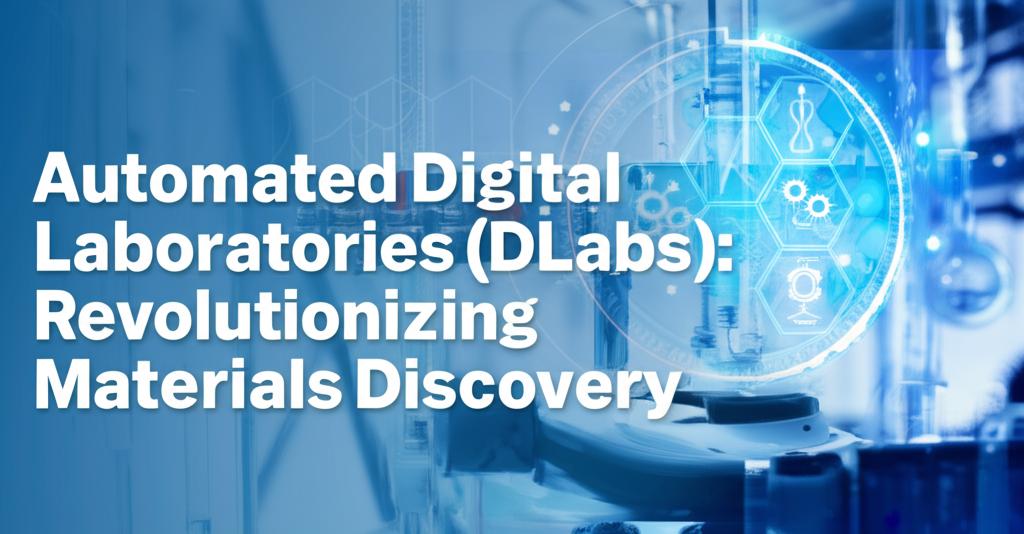Automated Digital Laboratories (dLabs) are rapidly transforming the landscape of materials discovery, ushering in an era of accelerated innovation and efficiency. These advanced facilities integrate robotics, artificial intelligence (AI), and data science to automate the entire research workflow, from material synthesis and testing to data analysis and interpretation.
The core power of dLabs lies in their ability to conduct high-throughput experimentation, generating vast amounts of data far exceeding human capacity. Researchers can now explore a significantly wider range of material compositions and processing parameters, dramatically speeding up the identification of novel materials with desired properties. For instance, dLabs are being employed to autonomously synthesize thin-film materials and evaluate their structural and physical properties, a process traditionally marked by bottlenecks in data collection.
AI and machine learning algorithms are integral to dLabs, not only controlling robotic operations but also intelligently guiding the discovery process. These algorithms can analyze complex datasets to identify patterns, predict material properties, and even propose new experimental pathways. This data-driven approach allows for more targeted research, optimizing resources and reducing the time spent on trial-and-error methodologies. For example, AI-driven platforms like Polybot are being used to produce high-conductivity, low-defect electronic polymer thin films by navigating the nearly million possible combinations in the fabrication process.
Several institutions and companies are actively developing and implementing dLab capabilities. The University of Tokyo has created a dLab system that fully automates material synthesis and evaluation of thin-film samples. Similarly, Argonne National Laboratory's Polybot leverages AI for autonomous material exploration. BASF's Digital Material Profiling Lab automates formulation, application, and testing, providing global access to data and fostering collaborative R&D. IMDEA Materials in Spain is establishing a robotics laboratory focused on discovering new polymer-based materials using AI and automation.
The benefits of dLabs extend beyond speed and efficiency. They enhance the reproducibility and reliability of experiments by minimizing human error and standardizing processes. Furthermore, dLabs facilitate better data management and sharing, creating valuable databases that can be used by the wider scientific community to advance materials science. This collaborative aspect is crucial for tackling complex challenges in areas like sustainable materials, advanced electronics, and healthcare.
The integration of these digital tools means that R&D colleagues across the globe can access and utilize data in real-time, fostering a more collaborative and innovative research environment. Looking ahead, dLabs are expected to become even more sophisticated, with deeper integration of cognitive systems and AI that can not only execute but also design experiments. This ongoing evolution promises to further revolutionize how new materials are discovered and developed, leading to breakthroughs in diverse fields.

